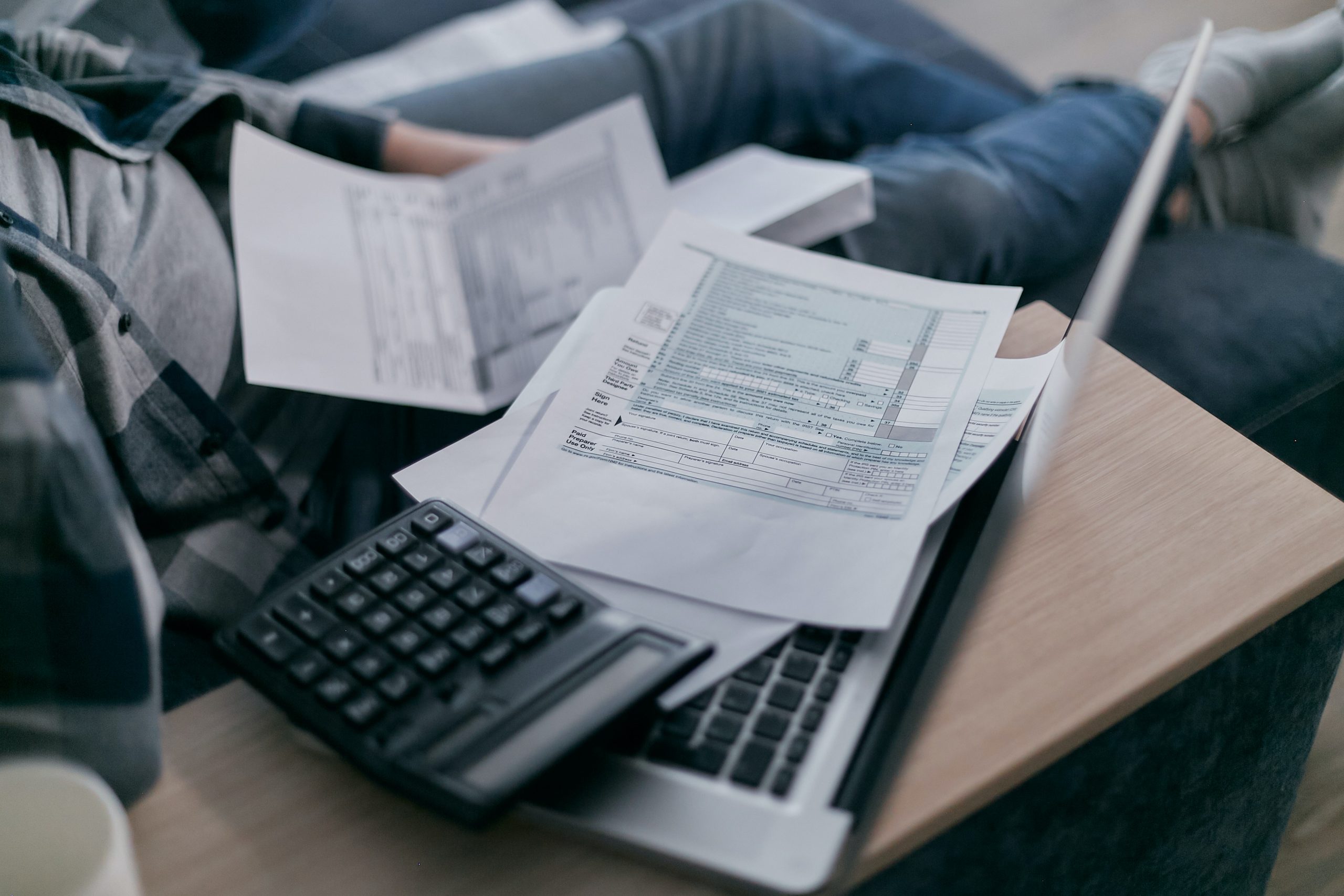When it comes to managing money, it’s important to prioritize paying off debt to get your finances in order. Payday loans and credit card debt are common types of debt that many people have. Choosing which of these two debts to pay off first can take time because they are both highly burdensome.
To assist you in making an informed choice, we’ll go into detail about payday loans and credit card debt in this article, assess the elements to consider when picking which debt to pay off first, and include statistics and links to official government websites.
When choosing which debt to pay off first, consider things like interest rates, payment terms, the total amount of debt, other financial commitments, and the effect on your credit score.
Understanding Payday Loans
Payday loans are small high-interest loans that often must be repaid on the borrower’s following payday. The Consumer Financial Protection Bureau (CFPB) estimates that payday loans’ average annual percentage rate (APR) is close to 400%. Although these loans are made to be simple to apply for, they are notoriously tough to pay back. Those with poor credit or those in need of fast money are typically the ones who are granted payday loans.
A Pew Charitable Trusts study found that the typical payday loan borrower takes out eight loans annually for $375 on each loan. These loans can be exceedingly expensive with fees and interest rates that may exceed the loan amount. Almost 80% of payday loans, according to the CFPB, are refinanced or followed by a new loan within 14 days.
Understanding Credit Card Debt
Another typical issue that many people have is credit card debt. Instead of payday loans, credit cards offer revolving lines of credit that let you borrow and pay back the money as needed. However, credit cards also have hefty interest rates that might take time to manage. The Federal Reserve reports that in 2021, the average interest rate on credit card balances was 16.28%.
People’s credit card debt levels might vary significantly. In 2020, the average credit card debt per borrower was $5,315, according to a survey by Experian. But many people have far more significant credit card balances, with some owing tens of thousands of dollars.
Factors to Consider When Deciding Which Debt to Pay Off First
There are several considerations when choosing which debt to settle first. These are some crucial things to think about:
Interest Rates
Most payday loans have interest rates that are a lot higher than interest rates on credit cards. Payday loans should often be paid off first if you have both types of debt because the interest can pile up quickly. But if the interest rates on your credit cards are higher than those on your payday loans, you might choose to prioritize paying off your credit card debt first.
Payment Terms
The terms of your loan payments should also be taken into account. While minimum payments are required on credit cards monthly, payday loans are typically repaid in full on the next payday. To avoid late fees and any harm to your credit score, it may be more advantageous to concentrate on paying off your credit card debt first if you are having trouble making your minimum payments.
Amount of Debt
The loan you should pay off first depends on how much debt you have. Concentrating on paying off the loan first could be advisable if you have significant credit card debt since it will take longer to repay. On the other hand, it might be simpler to pay off a little payday loan sum quickly before tackling your credit card debt.
Other Financial Obligations
When choosing which debt to pay off first, it’s crucial to consider your other financial commitments. For example, paying off other high-interest debt first might be best, like a personal loan or auto loan.
Credit Score Impact
Payday loans and credit card debt can both have an impact on your credit score. Most of the time, payday loans only appear on your credit report if you default. If you do default, it could, however, significantly lower your credit score. Contrarily, credit card debt is shown on your credit report and might impact your credit usage ratio, a significant component of your credit score.
Benefits of Paying Off Payday Loans First
If you have both payday loans and credit card debt, it’s best to pay off your loans first. Due to the high-interest rates and fees that come with payday loans, they can quickly become very pricey. Paying back a payday loan can help you get out of debt immediately, freeing up money to pay off more debt or save.
Benefits of Paying Off Credit Card Debt First
If your credit card debt has a higher interest rate than your payday loans, you should usually pay it off before your payday loans. Also, by reducing your credit utilization ratio, paying off your credit card debt might help raise your credit score. Your credit score can be increased by lowering your credit utilization ratio, making it easier to get credit in the future.
Key Points
- Due to their high-interest rates and costs, payday loans can quickly become expensive over time.
- Paying off your credit card debt might raise your credit utilization ratio and positively impact your credit score.
- When choosing which debt to pay off first, consider things like interest rates, payment terms, the total amount of debt, other financial commitments, and the effect on your credit score.
- Paying off debt should be your top priority if you want to be financially stable and avoid problems in the long run.
- Seek help from reliable sources, like credit counseling organizations or financial consultants, to make a plan for paying off your debts that considers your specific financial situation.

